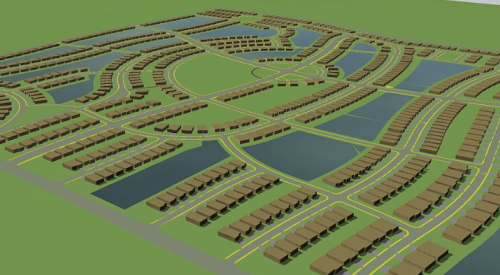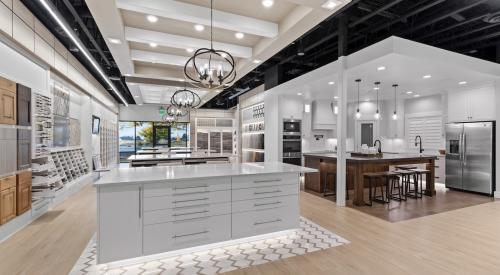The housing industry is awash in the detritus of negative opinion. Builders complain about it constantly. We believe we can turn around the housing problem with positive vibes and a snappy mantra. "It is a good time to buy a house. It is a good time to buy a house."
A fundamental belief underlies this idea that our problems are consumer confidence. That belief is that nothing substantial in the home building industry will change during the downturn. Will all our assumptions and understandings about home building remain constant? When we emerge from the slump, will we conduct business as usual?
Builders, architects and consultants I speak with often wondered whether we're going through a shift in the nature of home building. I can't say there is a consensus.
What interests me most are the drivers for change. Home building does not change of its own accord. It evolves in reaction to market forces, regulation or other significant impact.
I have identified seven general areas I think could cause the home building industry to make a generational-style change.
- Transportation Patterns. Our congested, deteriorating infrastructure will cause people to make new decisions about home location.
- Resource Consumption. In an era of reduced access to common resources, home buyers will re-evaluate everything from the size of their homes to what they put in them to where they are located. The goal? Reduce consumption.
- Demographic Changes. Large swings in our population makeup will force builders to deliver new kinds of homes to meet cultural and age differences.
- Technology Improvement. We're on the cusp of making a quantum leap in our ability to deliver high-quality homes rapidly.
- Investment Opportunity. The bedrock of home building is that real estate is a good investment.
- Land Availability. Will we have enough land to build on?
- Ideas of Community. Facebook. MySpace. YouTube. These are all new communities that allow people to connect to humans without having to leave their homes. The Grange Hall died two generations ago. Is the community center next?
There is a theory of history called punctuated equilibrium. In short, it means that we see small changes over time until we experience huge leaps. If I were a betting man, I would say we will see over the next decade massive evolution in the nature of home building.











